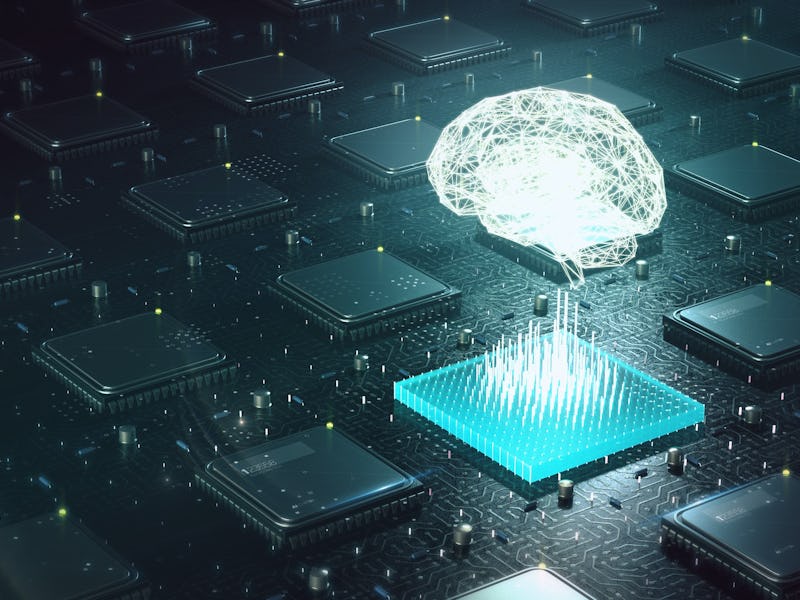Neuralink: Meet your new robot brain
In this episode, we discuss how breakthroughs in brain-machine interfaces can restore sensory and motor function and treat neurological disorders.

Neuralink, a four-year-old company founded by SpaceX CEO Elon Musk, makes some lofty promises.
By developing a chip that may allow us to control a computer with our mind, the team hopes to one day heal debilitating brain conditions and even allow us to rewind human memories — or at least download them into robots.
Musk aims to eventually achieve “AI symbiosis,” which merges the human brain with artificial intelligence, by implanting this chip into a person’s brain. All the while, groundbreaking neuroscience innovations are showing us how a computer can already decode the brain — and restore human sensation in the process.
Through implanting a different kind of computer chip into the brain of a patient who suffered a spinal cord injury, researchers found a way to restore the basic ability to feel.
With the power to revolutionize how humans can control their own brain, machine interface technology is not only reimagining what future humans can do, but who they are at their core.
In this episode of The Abstract, we discuss how breakthroughs in brain-machine interfaces can restore sensory and motor function and treat neurological disorders.
Our first story is about the future of Neuralink, the medical technology firm working towards revolutionizing the lives of those who suffer from neurological disorders. Hinting at a world of downloadable memory and robot brain surgery, CEO Elon Musk says the technology could be a boon for the treatment of neurodegeneration and motor impairment.
Our second story is about a brain-decoding computer that can restore an essential sensation — the ability to touch. A huge innovation for spinal cord patients, breakthroughs in the field of brain-computer interfaces could make the devastating loss of sensation reversible.
Read the original Inverse stories:
- Elon Musk teases Neuralink advancements: ‘Reality is getting weird fast’
- "Plug and play" brain prosthesis could change how people with paralysis use implants
Where to find us:
- Subscribe to The Abstract wherever you listen to podcasts: iTunes | Spotify | TuneIn | RadioPublic | Stitcher
- Follow Mike Brown on Twitter
- Follow Sarah Wells on Twitter
- We're hosted and produced by Tanya Bustos
—
Right now, facts and science matter more than ever. That's part of the reason for The Abstract, this all-new podcast from the Inverse staff that focuses exclusively on science and innovation. Three new episodes are released a week, and each covers one theme via two related stories. Each features audio of original Inverse reporting, where the facts and context take center stage. It's hosted by the Tanya Bustos of WSJ Podcasts. Because we're Inverse, it's all true but slightly off-kilter. It's made for people who want to know the whole story. —Nick Lucchesi, executive editor, Inverse